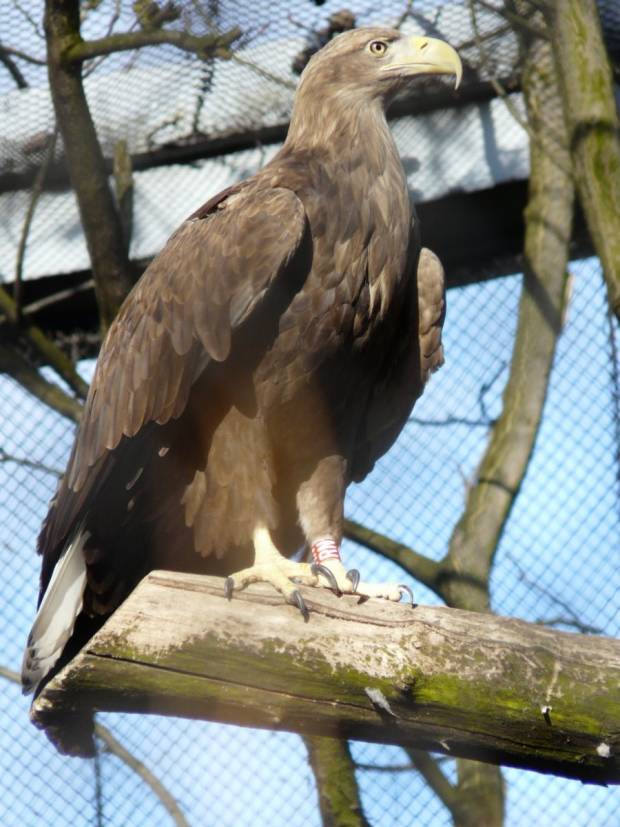NSA unsurprised by Natural England’s decision on White-tailed Eagle project in Norfolk.
14th May 2021
The decision by Natural England to grant a licence for the release of up to 60 White-tailed Sea Eagles in Norfolk has come as a no surprise to the National Sheep Association (NSA), despite the concerns raised by farming organisations, local farmers and landowners during the consultation period.
NSA Chief Executive Phil Stocker comments: “Natural England reportedly examined data from elsewhere in Europe ahead of this decision, but it is not clear that it took into consideration reports closer to home, i.e. Scotland, where there have been repeated calls for an action plan to control the birds that have come to see lambs as a food source.
“Additionally, Natural England ignored requests to focus on
and monitor the Isle of Wight population (released in 2019 & 2020) given that this is a five year project designed to learn about impacts. NSA would have thought it sensible and reasonable to understand the outcomes before going ahead with another release. It does seem as though Natural England has gone beyond wanting to test to see if this can work and has made a decision that they want this species established in England
.”
White-tailed Sea Eagles do not usually breed until they are five years of age, and so it will take some time for the population to become established, however, some of the Isle of Wight birds have now ranged as far as Denmark, as well as to Norfolk, Northern England and even into Scotland. The experience gained in Scotland shows that these releases can go seriously wrong and suggests there is not enough wildlife to satisfy the Eagle’s food requirements.
NSA welcomes the extension of the Norfolk project from five to 10 years as this will allow the birds to reach full maturity within the project period but with apparent confidence that the risks to livestock are low NSA questions why a permanent Natural England compensation scheme could not underpin this release.
While NSA does not agree with this licensing decision, it is committed to working constructively with the Wild Ken Hill project team in order for it to be successful – part of which will be measured by no negative impact on sheep farmers legitimate business activities. Furthermore, NSA asks that an exit plan is documented that specifies what actions should take place if concerns become reality, as has been reported in Scotland.
Mr Stocker concludes: “There is a real risk with these apex predator releases that in years to come we may be forced to protect our livestock more – housing them, managing them less extensively, and keeping them in more intensive conditions. If this is the case surely this will conflict with a host of other Government and public objectives to improve stock health and welfare, reduce antibiotic use, and use resources more efficiently.”





